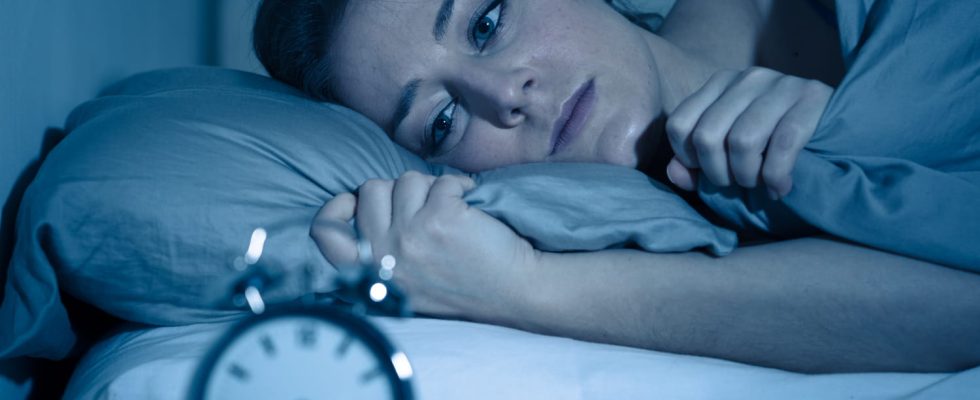Going to bed late could increase the risk of fatty deposits in the arteries and increase the risk of heart attack, according to Swedish researchers.
It’s well known : quality sleep helps maintain good cardiovascular health. Based on this observation, researchers from theUniversity of Gothenburgin Sweden, wanted to know if being a morning or evening person was important for the heart and arteries. As part of their study published in the journal Sleep Medicine on December 21, researchers followed 771 participants (47% men and 53% women) aged 50 to 64, in good cardiovascular health (and without any history of heart attack). They were then classified in 5 groups according to their sleeping habits:
- THE extreme morning guy (the people very early riserBefore 4:25 a.m. in the morning)
- THE moderate morning type (early risers, time not communicated)
- THE intermediate type (neither morning nor evening)
- THE moderate evening type (people who go to bed at a normal time, time not communicated)
- THE extreme evening type (the people very night owlAfter 2h55 in the morning)
The researchers then looked at the degree of calcification of their coronary arteries (the arteries that supply the heart with blood and oxygen) by CT scanan x-ray examination that captures detailed images of the human body in 3D.
40% risk of fat in the arteries among those who go to bed late
Researchers showed that people who had the most risk to have calcified arteries in the next 10 years were go to bed very late (40.6% risk) and people who had least risk were up very early (22% risk). The three groups (moderate morning, moderate evening, intermediate) had approximately the same risk of artery calcification (around 27% risk). Calcification of the arteries, or atherosclerosisimplied fatty deposits that build up inside the arteries, which makes it more difficult for blood to pass to the heart. The disease develops over the long term and is only detected when it causes angina, blood clots, heart attack or stroke.
“This is the first study to demonstrate the impact of chronotype (which defines a person’s bedtime and wake-up time) on the calcification of the arteries, more important at the beginning of the pathological process […] We argue that chronotype information may be relevant in early prevention of cardiovascular diseases“, conclude the researchers. Generally speaking, sleep doctors recommend having regular bedtimes and getting up times and to respect your biological clock : go to bed at the first signs of fatigue (itchy eyes, yawning, heavy eyelids, etc.).
